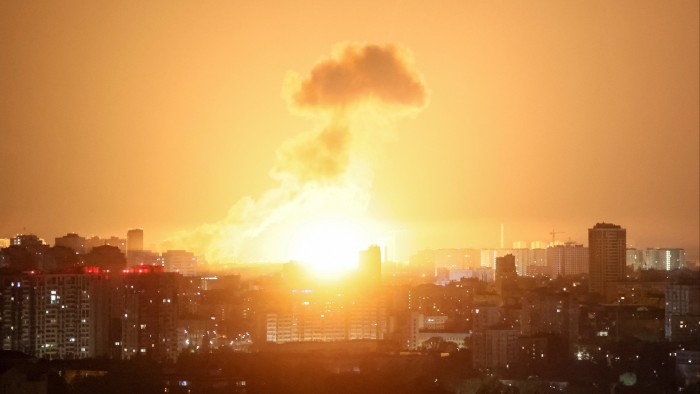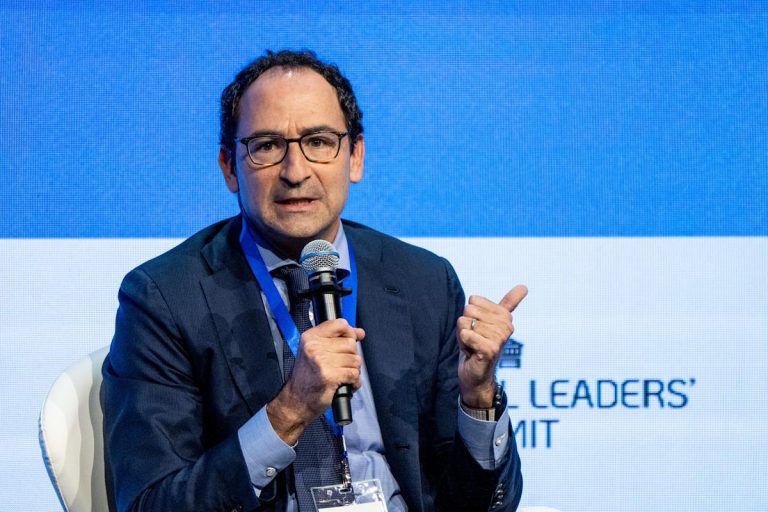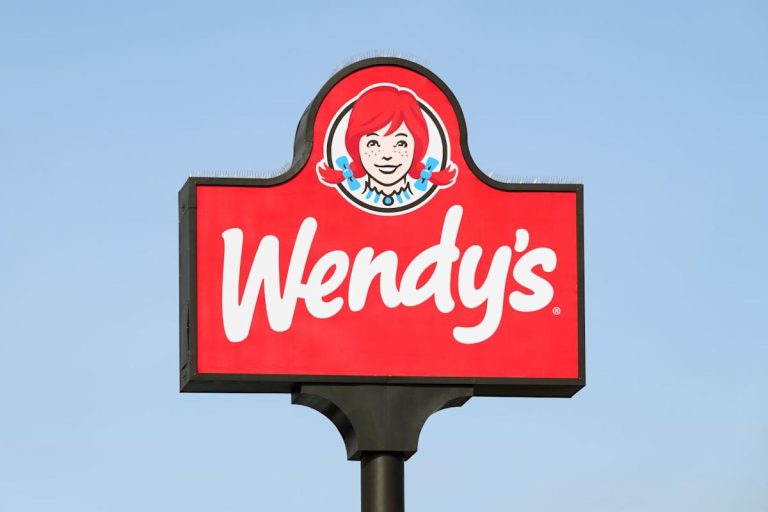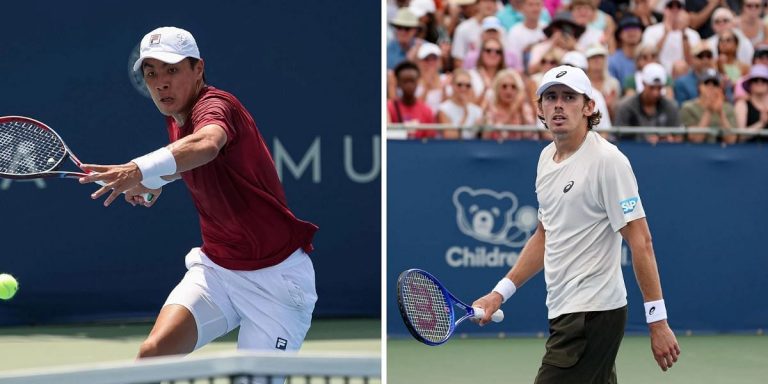Unlock the White House Watch newsletter for free
Your guide to what Trump’s second term means for Washington, business and the world
Donald Trump’s ultimatum to Kyiv to accept a peace deal that includes US recognition of Russian sovereignty over Crimea makes a mockery of Washington’s supposed negotiation to end Russia’s war against Ukraine. Trump’s election campaign boast that he could strike a peace deal in 24 hours beggared belief. So has the incompetence and cynicism of his administration as it scrambles to land a settlement at any price.
Now Trump and his officials are threatening to walk way from the talks unless Ukraine swallows terms written without it. Trump’s comment on Wednesday that he thought he had a deal with Vladimir Putin but now needed to get one with Volodymyr Zelenskyy was telling. This has never been a proper three-way negotiation.
Trump says Zelenskyy has no cards to play. In fact, Trump has taken cards away from Ukraine and handed them to Russia. Through amateurism or naivety, US officials gave away important leverage before talks even began. They ruled out Ukraine’s membership of Nato or the prospect of regaining any occupied territory. Trump’s neophyte special envoy Steve Witkoff has been seduced by the Kremlin’s flattery and swallowed its talking points about the causes of the war.
Moscow has dragged its feet on negotiations and for six weeks rebuffed a US call for an unconditional ceasefire but Washington has applied no pressure. Trump described Russia’s deadly missile attack on Kyiv on Thursday as “not necessary and very bad timing”. It is the closest he has come to condemning Moscow’s actions. Ukraine, by contrast, has been subject to threats and coercion, including the suspension of weapons deliveries and intelligence-sharing. It has also been falsely blamed for starting the war. The US has shamelessly forced it to sign an outline agreement on mineral extraction as payback for previous aid.
Rather than negotiate a just peace for Ukraine and push Russia to sign it, Trump has done the opposite. This may always have been his intention, either because he believes Russia’s lies or because his might-is-right worldview aligns with Putin’s. Whatever the case, Trump’s treatment of Ukraine will reverberate across the world.
US recognition of Russian sovereignty over Crimea, the first forcible annexation of territory in Europe since 1945, would not only encourage Putin to pursue claims in Ukraine and other former Soviet States, it would embolden tyrants elsewhere to violate borders. China, with its eyes on Taiwan, will take heed.
Trump’s Crimea concession to Putin is particularly egregious because formal recognition was not previously a Russian precondition for a deal. Insisting on what is a red line for Kyiv threatens to blow up the talks. Everything so far suggests Trump would then blame Ukraine, stop aid and drop sanctions, throwing Europe into disarray. Moscow would emerge the winner.
Some will argue that Ukraine should bow to reality and agree to Trump’s Crimea move. It is not being asked itself to recognise Russian sovereignty, and it cannot do without US air defences and intelligence. But this aid is no longer assured — all the more reason why Europe must speed up efforts to replace these capabilities. Ukraine rightly worries that a false peace will allow Putin back to finish the job.
“You were given the choice between war and dishonour. You chose dishonour and you will have war.” Historians dispute whether Winston Churchill said this to Neville Chamberlain over the 1938 Munich Agreement with Nazi Germany. But it risks becoming Trump’s political epitaph, unless Kyiv and its European allies can somehow persuade him to change course.






